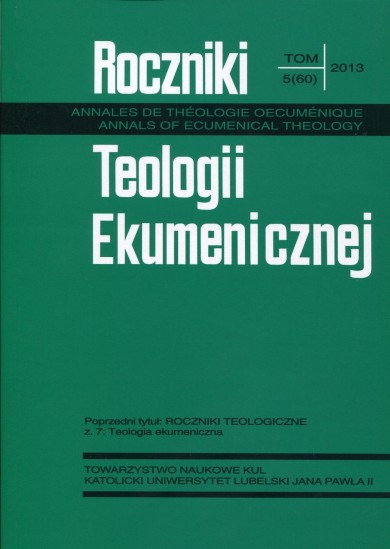NAZISM AND THE PROTESTANT REFORMATION – THE POLITICAL THEOLOGY OF DIETRICH BONHOEFFER
NAZISM AND THE PROTESTANT REFORMATION – THE POLITICAL THEOLOGY OF DIETRICH BONHOEFFER
Author(s): Piotr KopiecSubject(s): Christian Theology and Religion
Published by: Katolicki Uniwersytet Lubelski Jana Pawła II - Wydział Teologii
Keywords: LUTHERAN THEOLOGY; CHURCH; STATE; POLITICAL THEOLOGY; REFORMATION; GOD’S KINGDOM; BONHOEFFER
Summary/Abstract: Political theology of Dietrich Bonhoeffer, one of the most popular and influential theologian of the XX century, finds doctrinal basis in his resistance against nazi-state. Bonhoeffer participated in the work of “Bekennende Kirche” which was part of the Lutheran Church in Germany struggling against Hitler. The main features of the political theology have been formed in the years 1933-1936, when national socialism were extending the power over state. Bonhoeffer criticized orthodox understanding of the Reformation doctrine of relation between state and church which has assigned to the state the competences related to the social order. He indicated Luther’s qualification referred to the autonomy of human conscience. According to him, introducing of the Laws: Aryan Bills and Führerprinzip has radically denied Christian Revelation. It has forced the Lutheran Church in Germany to counter secular power and to reinterpret the old doctrine about spiritual and secular regiments of God. Political theology of Bonhoeffer reflected theoretical way of thinking of German society of the Thirties. It is also testimony of a theologian, which he paid with his life.
Journal: Roczniki Teologii Ekumenicznej
- Issue Year: 2010
- Issue No: 2 (57)
- Page Range: 133-144
- Page Count: 12
- Language: English

